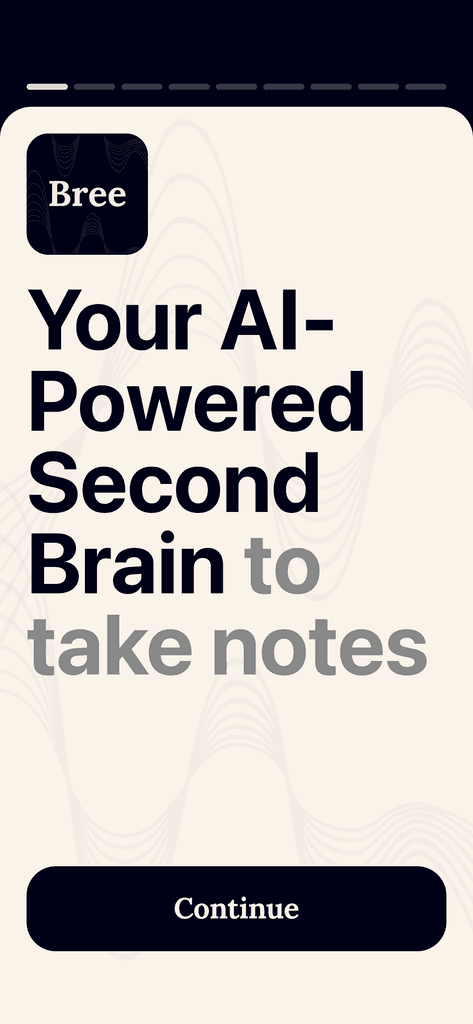Summary and Key Themes of the Lecture on Moral Philosophy
The lecture introduces moral dilemmas and explores two key ethical frameworks: consequentialism (outcomes-based) and categorical reasoning (duty-based). The discussion revolves around several famous hypothetical scenarios, including the trolley problem and real-life ethical cases, such as cannibalism at sea. The objective is to challenge students to reflect on what constitutes morally justifiable actions in complex situations.
Moral Dilemmas Explored:
The Trolley Problem (Case 1):
A trolley hurtles toward five workers; steering it onto a side track will kill one worker but save five.
Most students choose to steer the trolley, aligning with consequentialist reasoning: minimizing total harm.
The Fat Man on the Bridge (Case 2):
Pushing a man off a bridge to stop a trolley and save five lives introduces discomfort.
Many students reject this, illustrating categorical reasoning: some acts (e.g., murder) are wrong, regardless of outcomes.
Doctors and Organ Transplants:
A surgeon could sacrifice one healthy person to harvest organs for five dying patients, but most reject this idea, further emphasizing the intrinsic wrongness of certain actions.
Real-Life Case – The Mignonette Shipwreck:
Survivors of a shipwreck kill and eat a cabin boy to survive, raising moral questions. Some argue the act was necessary, while others maintain that murder is categorically wrong, even under dire circumstances.
Ethical Frameworks Discussed:
Consequentialism / Utilitarianism:
Rooted in Jeremy Bentham’s idea of maximizing happiness and minimizing suffering.
"The greatest good for the greatest number" guides actions that focus on outcomes.
Categorical Moral Reasoning:
Based on Immanuel Kant's philosophy that certain acts are always wrong—regardless of the consequences.
Focuses on moral duties, rights, and respect for human dignity.
Key Takeaways:
The tension between outcomes and duties: Students wrestle with whether saving more lives justifies sacrificing others.
Role of consent: Does voluntary sacrifice or agreement (e.g., the idea of a lottery) alter the morality of an action?
Moral discomfort and ambiguity: Even with rational justifications, certain acts (like murder) remain unsettling.
Philosophical Risks and Reflection:
Skepticism vs. Engagement: Philosophy forces students to confront unsettling truths, challenging their assumptions.
Personal and political risks: Exploring deep ethical questions may change one's worldview and potentially disrupt conventional thinking.
Conclusion and Course Objective:
The course seeks to awaken the “restlessness of reason” by examining philosophical texts and applying them to real-world issues. Through thinkers like Bentham, Mill, and Kant, students will explore how these frameworks shape not only philosophical debates but also our daily and political lives.


